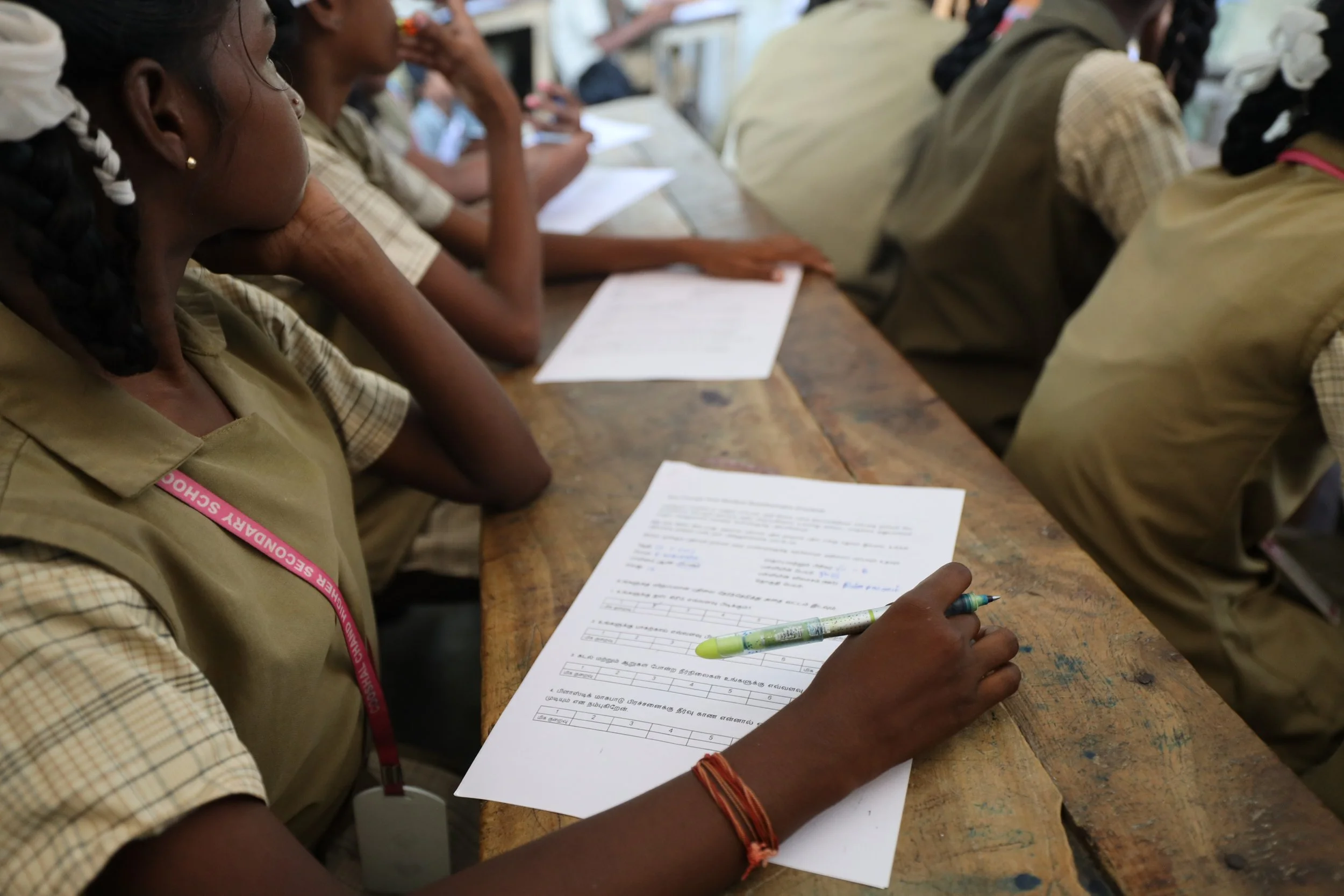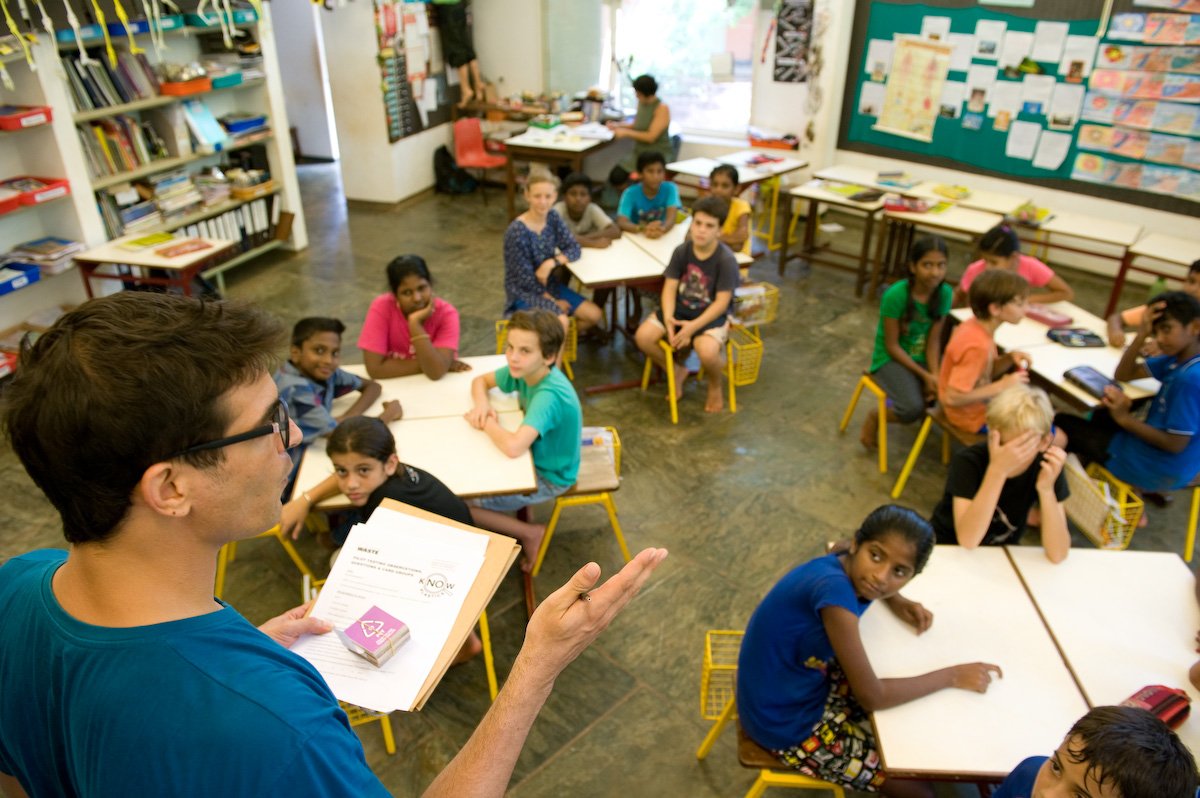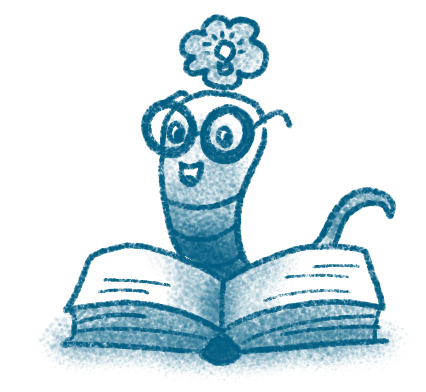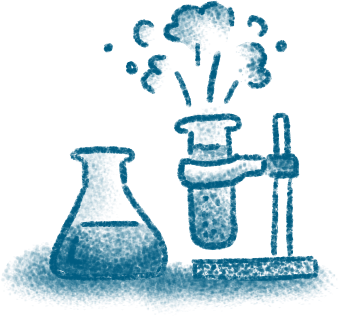
Our Approach
Developing Innovative Educational Programmes is at the Heart of our Work at WasteLess.
Inspired by their personal educational experiences in Auroville and driven by their curiosity in combination with the freedom to explore and experiment; the founders of WasteLess have developed a unique approach of designing innovative educational curricula.
Their work is guided by the strong belief that when it comes to environmental education, the materials require more than simply filling heads with facts. The classroom experience has to light a fire in students’ hearts. It is essential that the curricula developed are driven by the interest of children to provide them with the possibility to follow their own thread of curiosity.
Development Process
kNOw PLASTICS Pilot Testing, Auroville, 2016
The WasteLess team uses a participatory approach to designing their programmes to ensure that students grasp concepts and understand larger systems. We connect them more deeply with a topic through experiential embodied learning. Working closely with students to understand their experiences, knowledge, beliefs as well as behaviours connected to the topic of the curriculum is an integral part of the design process.
Furthermore, conducting interviews and focus group discussions with teachers helps to understand preferences of materials used, classroom settings, pedagogy styles and available resources. This meticulous approach ensures that the final lesson plans designed by WasteLess reach the maximum impact within educational settings.

Join us and become part of a large network of educational change makers.
Development Phases
The WasteLess team conducts in depth research on the latest science on a selected topic, as well as issues and solutions connected to the same. This work includes extensive literature reviews and interviews with experts. All of this data is analysed to create a unique framing for each educational programme.
1. Research & Analysis
The team develops a draft version of the educational programme, which is pilot tested in participatory sessions with teachers and students alike. This work includes participatory design sessions to explore interests and discover what sparks curiosity in students and explore innovative ways of content delivery in collaboration with experts in the field of pedagogy.
2. Development
In this phase the educational programme is tested extensively and data is collected and analysed in order to adapt the content for maximum impact. WasteLess teams up with schools across India to collect representative data of their target group.
3. Pilot Testing
WasteLess designs and prints the final version of the educational programme and sets up a social impact monitoring system for the programme.
4. Adaptation and Finalising Content
During the final phase, WasteLess launches the programme on a larger scale with partner schools and organisations and evaluates the social impact throughout the programme. Leveraging the data and resources from this, the team sets out to scale the finalised curriculum with partners so that it can reach millions of students.
5. Launch and Scaling
Our Educational Programmes
Our Latest Project
We are currently developing a new curriculum addressing the global fresh water crisis.
Waste is impacting the quality of water, diminishing the amount of fresh water available to us at an alarming rate. This crisis demands urgent action. We believe that education on water is vital for future generations to address and solve this impending crisis sustainably.











